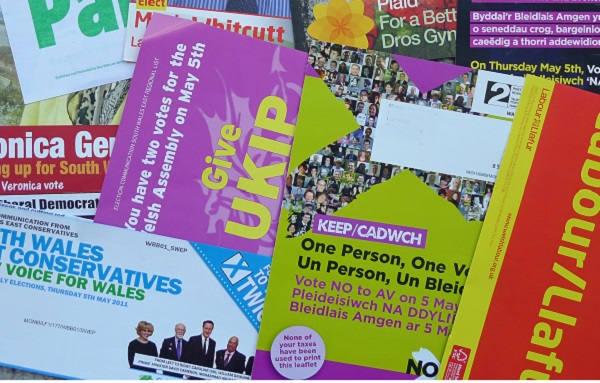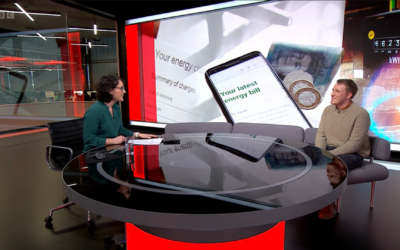 Bevan Foundation
Bevan Foundation 
Last Friday I attended ‘What Works Wales’, an event organized by the Alliance for Useful Evidence, which aims to ‘promote the use of evidence in government, charities, voluntary organisations and public services’. As controversial aims go, this ranks somewhere near advocating the use of clothes, or maybe breathing. Everyone loves evidence. Who’d prefer that decision-makers ignored it? Who’d promote the abuse of evidence? Who’d want policies which flew in the face of all the available evidence for what works?
Probably no-one. But then, maybe those aren’t the right questions.
If everyone agrees that evidence matters, then just stressing that it does tells us little.
When it comes to policy, it’s not whether evidence matters, but what kinds, and where it should come from – and indeed, how exactly it should inform policy. After all, it’s not that all evidence-informed policy is somehow optimally effective or comes with a lifetime warranty, just because evidence is involved. Some evidence is patchy, some downright flaky. Some looks reliable, only to be rebutted by subsequent findings. Some uses of evidence are wrongheaded. Evidence from one place and time often doesn’t translate to others.
On top of all this, the relationship between evidence and policy depends a lot on the field in question.
Evidence from the natural sciences is different from evidence from the social sciences. Quantitative and qualitative forms of evidence differ in their nature, scope and uses. Evidence from drugs testing is different from evidence about crime reduction. And so policy-making about ASBOs uses different kinds of evidence, and uses it differently, from policy-making about the MMR jab. Or at least it better had, if it doesn’t want to identify drastically wrong objectives and then drastically miss them. ‘Useful’ evidence, presumably, is good evidence, handled appropriately.
Of course, neither of those always applies in practice.
‘Evidence-focused’ decision-makers use flaky stuff, or pick it up by the wrong end, or choose the data which suits their agenda while ignoring that which doesn’t. In March, self-professed evidence fan Michael Gove, the Coalition’s Education Secretary, lamented in the Mail on Sunday that ‘survey after survey has revealed disturbing historical ignorance’ among schoolchildren, with ‘with one teenager in five believing Winston Churchill was a fictional character while 58 per cent think Sherlock Holmes was real’. Gove wants to reform the school history curriculum. It suits him for such ignorance to be rock-solid true. But it isn’t. The ‘surveys’ referred to included only one poll with any methodological credibility. Poor use, then, of bad evidence. An example of what some, like Glen Newey, have called ‘policy-based evidence making’.
Newey cites the ‘garbage can’ theory of organizational activity, according to which policy-making consists of ‘solutions looking for problems to which they might be the answer’. An extreme case, perhaps, of something mundane: that we get the evidence we seek, and we seek that evidence because we think it’s valuable. Evidence does not make policy by itself, and neither does it somehow self-identify which forms of evidence are most important, or which issues most pressing. People do. And so they must. On the one hand, a world of policy-makers and research funders advertising the evidence they need, commissioning it, and then using it for their purposes seems Orwellian – a world ripe for manipulation of the truth. Everyone working in a university, as I do, knows of cases where researchers’ painstaking findings have been overlooked by those in power, and even by those funding the research in question, because they were politically inconvenient. But there is no possible world in which the truth, all by itself, somehow dictates policy, without political decisions being made about what matters – about whether it is more important to save the day-care centre or the public library. Value-judgements will always be there.
And rightly so. At What Works Wales, one speaker – as it happens Victoria Winckler of the Bevan Foundation – pointed out that the founding of the NHS would have been highly unlikely, perhaps impossible, on purely evidence-based terms. It required ‘taking a punt’. Not on a blind hunch, but on the basis of commitments informed as much by values about the kind of society we should live in, as about evidence of ‘what works’. Our discussions about the uses of evidence – vital as indeed it is – should never take place too far away from our deliberation about those values.
Dr Gideon Calder is Reader in Social Ethics at the University of South Wales. He is also a Trustee of the Bevan Foundation.


